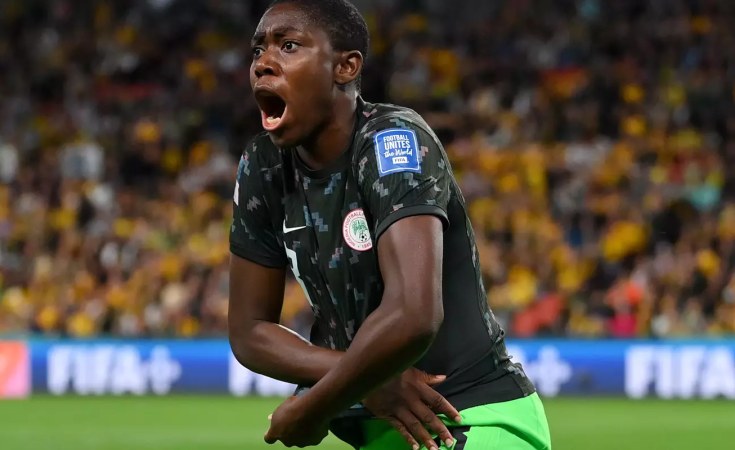Gustavsson is disappointed since his girls knew what to expect from Nigeria, but one major weakness went against them.
Australia coach Tony Gustavsson was disappointed following his team's 3-2 loss to the Super Falcons of Nigeria at the ongoing FIFA Women's World Cup.
After starting their campaign with a 1-0 win against Northern Ireland, Australia were eyeing an early qualification for the Round of 16 with a victory over Nigeria, and the Maltidas were the favourites going into Thursday's Group B clash in Brisbane.
Aside from being ranked 30 places ahead of the Super Falcons, the Aussies were also playing in front of their vociferous fans and the odds were further stacked against Nigeria after the tournament co-hosts drew the first blood late in the first half.
However, nine-time African champions, Nigeria, came back and turned the game on its head with a 3-2 win.
Gustavsson is disappointed because his girls knew what to expect from Nigeria, but one key weakness worked against them, as their chances of progressing into the knockout phase is now threatened.
"All three goals they scored is us losing second balls. We knew that was going to be massive in this game."
"Second ball was going to be key, and unfortunately tonight, it cost us three goals," Gustavsson lamented during his post-match assessment.
Now third on the log behind Nigeria and Canada, Australia badly need to get it right in Monday's final group game against the reigning Olympic Champions, Canada.
Australia's loss to Nigeria was a disappointing result, but it is not the end of the world.
The Matildas are still in a good position to progress to the knockout stages of the tournament, and they possess the ability to beat Canada in their last group game.
However, they will need to improve their second-ball possession and defensive setup at set pieces if they want to win the match.


